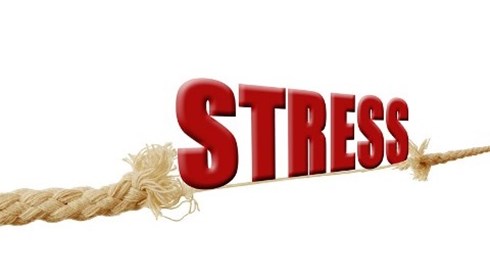Including COVID-19 in Workers Compensation Could Hit Insurers' Ratings

June 19, 2020

Expanding state workers compensation laws to cover COVID-19 would increase loss estimates and pose a potential earnings hit to insurers writing workers comp, according to A.M. Best.
In a new commentary titled "COVID-19: Expansion of State Workers' Compensation Laws Will Be Credit Negative for Insurers," A.M. Best notes that a number of states have begun the process of enacting legislation or issued executive orders on workers compensation coverage for essential employees.
Such efforts shift the burden to the insurer to prove that an employee contracting COVID-19 did not do so on the job, according to A.M. Best. Such a shift could lead to significant additional losses for workers compensation insurers, the rating agency said, leading to increased reserve estimates and higher combined ratios.
In addition, the moves come at a time when workers compensation insurers are stressed by soaring unemployment, low interest rates, and rate pressure, A.M. Best said, all factors in its decision in March to revise the workers compensation insurance segment's outlook to negative.
Despite the increased risk posed by the legislation, A.M. Best said it believes that COVID-19-related claims will be manageable for insurers. The rating agency noted that general claims have declined noticeably in recent months despite the pandemic, and the average cost of COVID-19 claims to date has been substantially lower than that of non-COVID-19 claims, absent ongoing prescription drug or physical therapy costs.
In addition, the current workers compensation landscape and exposure are generally favorable, A.M. Best said, as more people are working at home, though as more states ease stay-at-home restrictions, the number of COVID-19 cases may increase.
Copyright © 2020 A.M. Best Company, Inc. and/or its affiliates ALL RIGHTS RESERVED
June 19, 2020


